Der Wendepunkt (The Turning Point)
Recent monotypes, drawings, and photographs by Joshua Curry
8-14 September, 2025 (Berlin Art Week)
Culterim Gallery
Dircksenstraße 2, 10179 Berlin
Alexanderplatz Banhof, behind CTM Theaterkassen on the ground floor
Opening
8 September 2025, 19:00
Add to calendar: Apple • Android
Sound art performance
13 September 2025, 19:00
Add to calendar: Apple • Android
Gallery hours
Mo 18:30-21:00
Tu 12-19:00
We 12-19:00
Th 12-19:00
Sa 12-20:00
Su 12-19:00
What to expect
Monotypes and lino prints
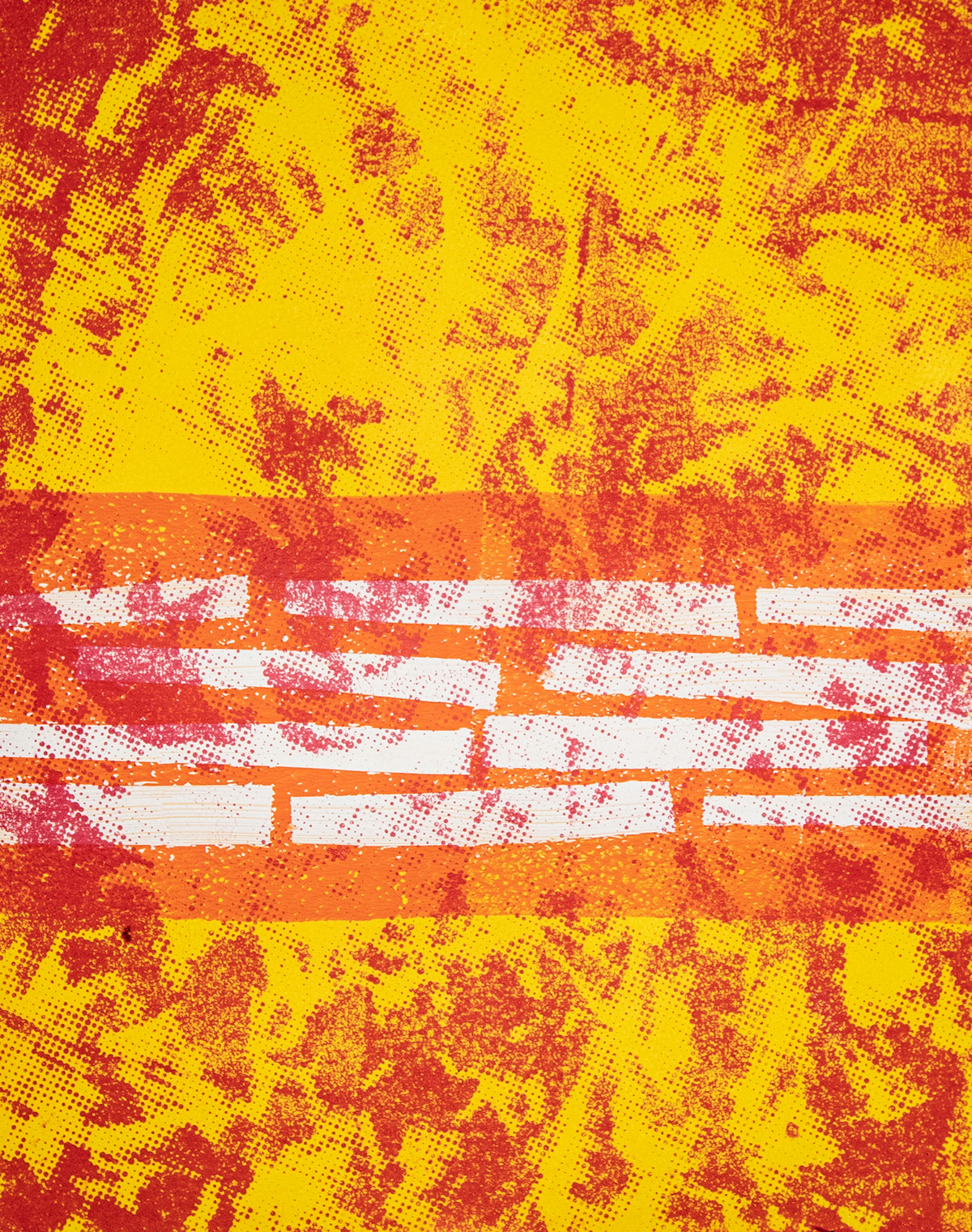

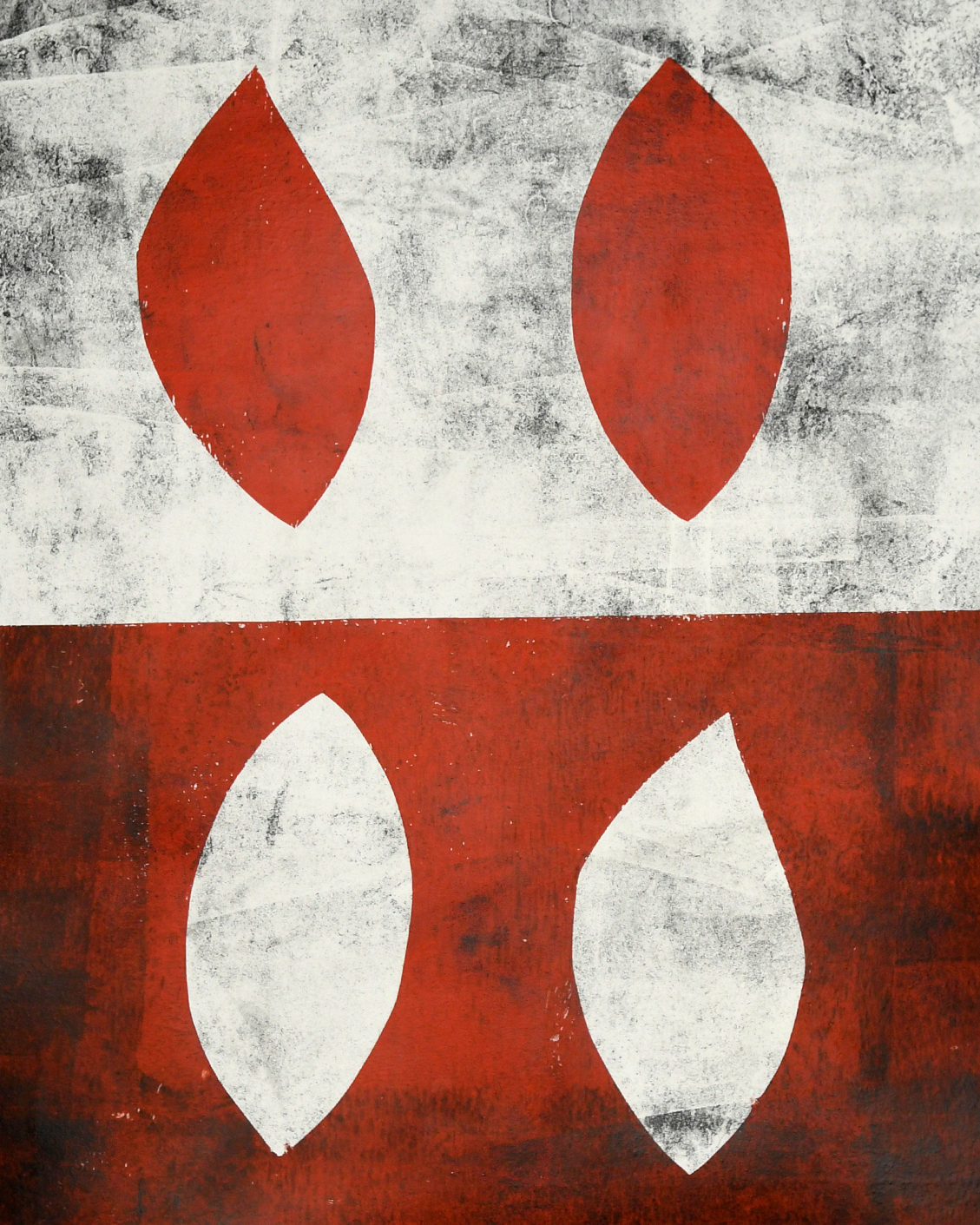
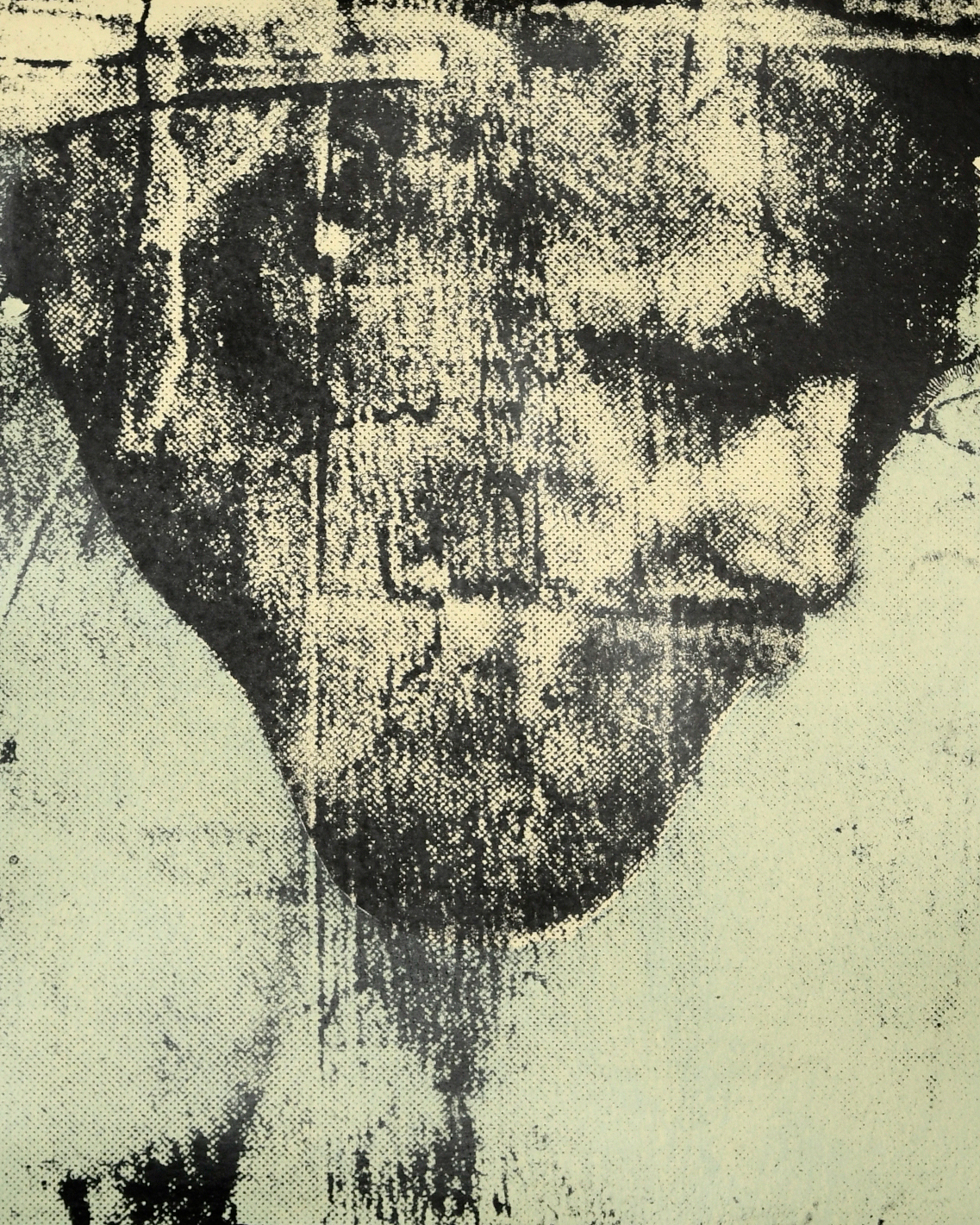
Drawings
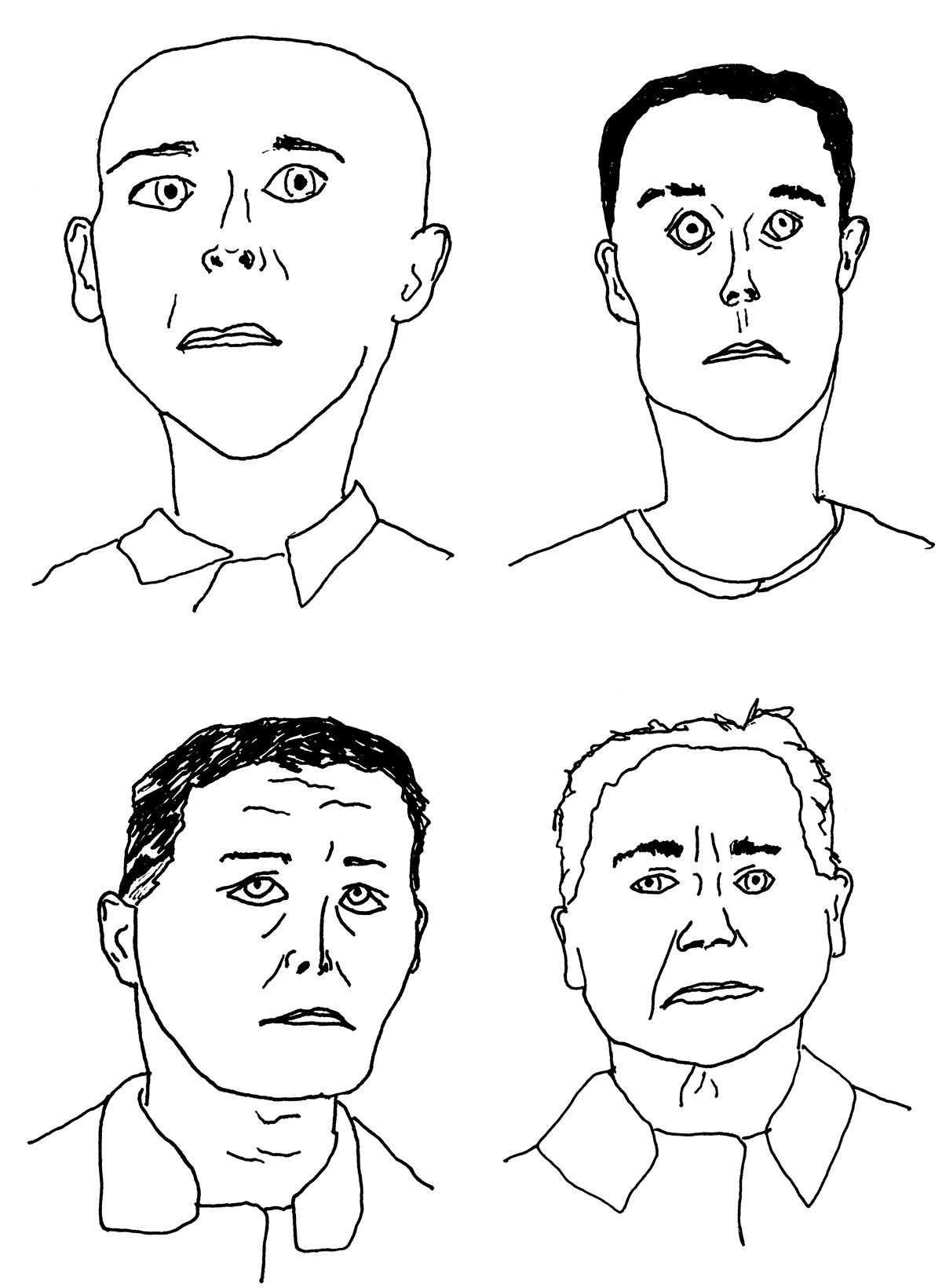
Photographs
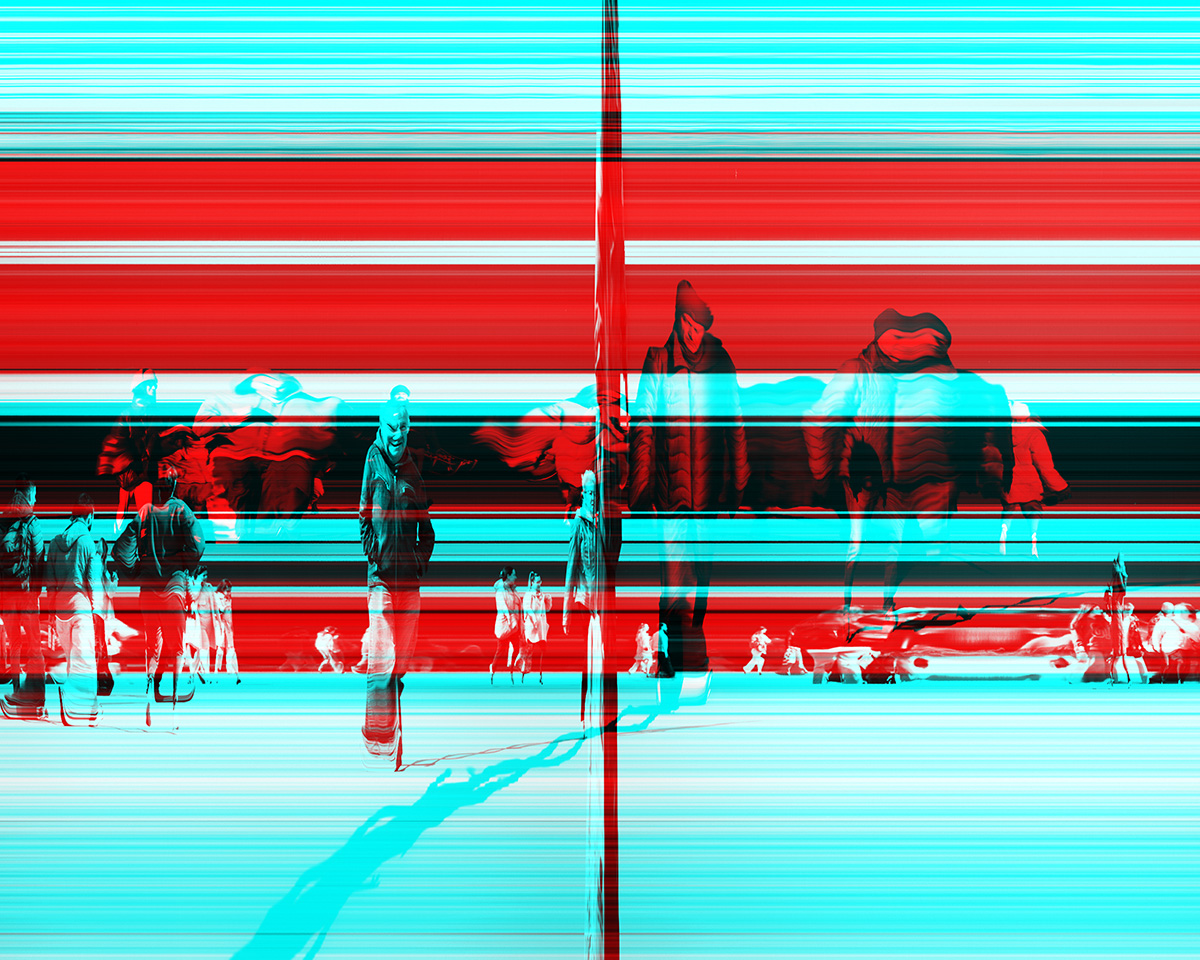
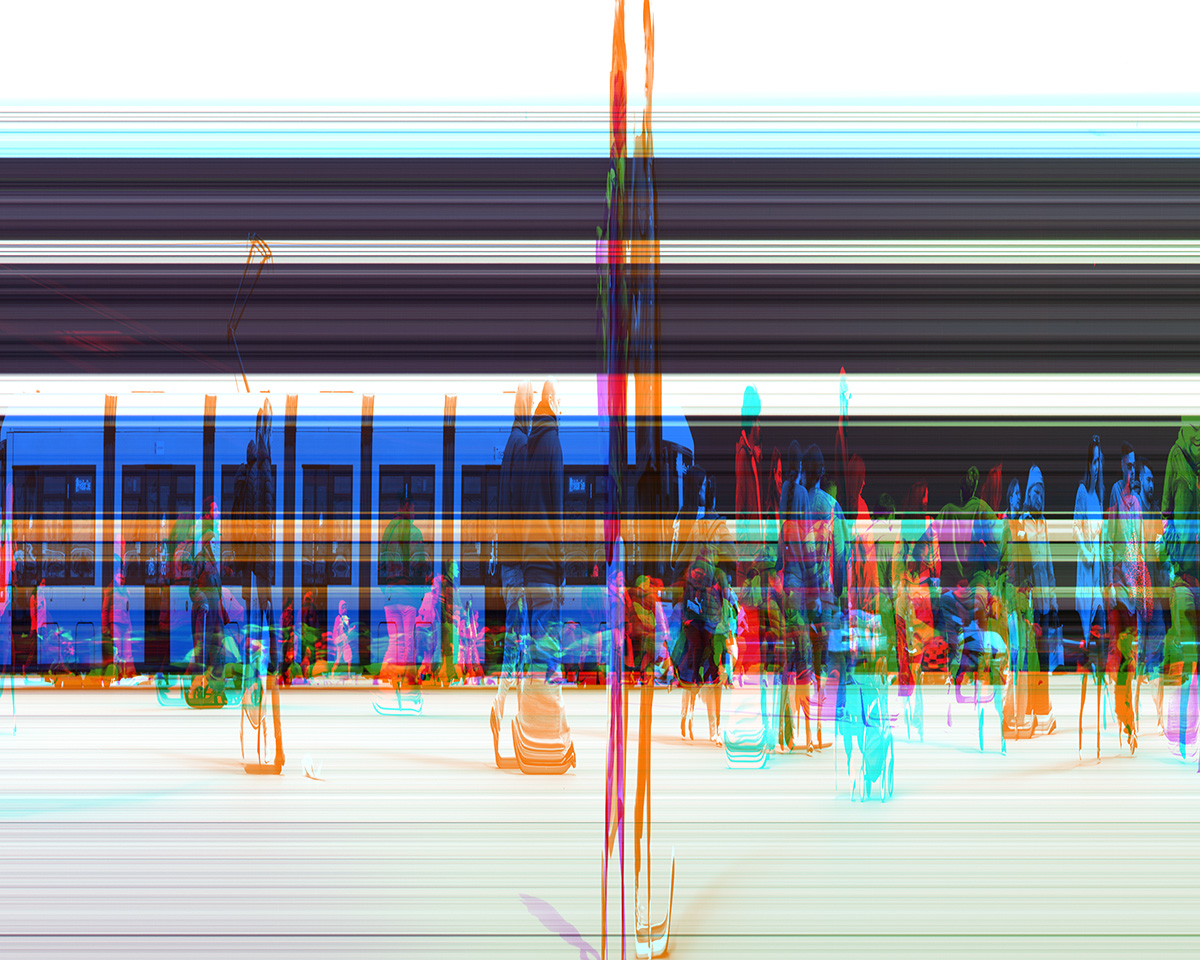
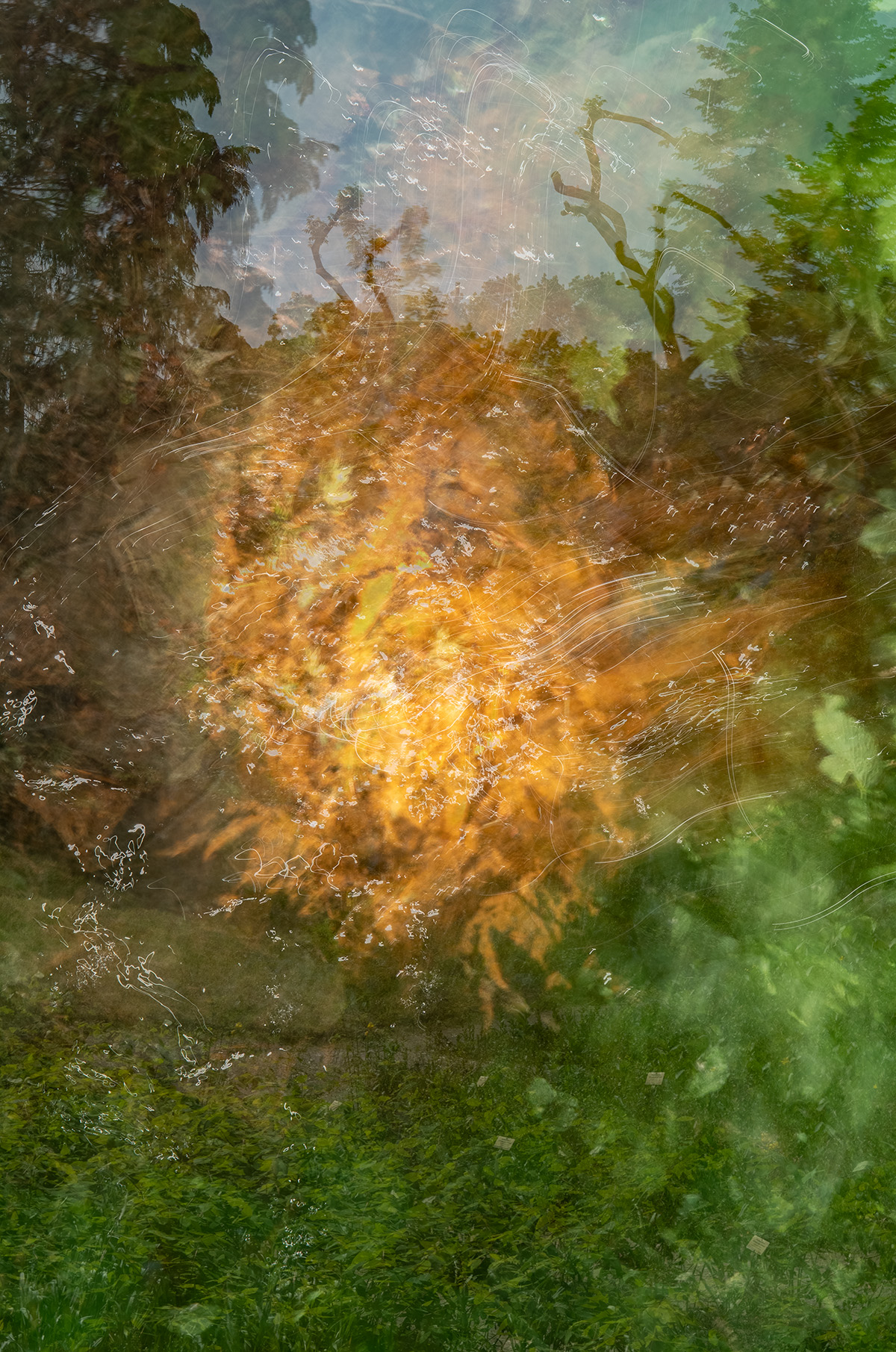
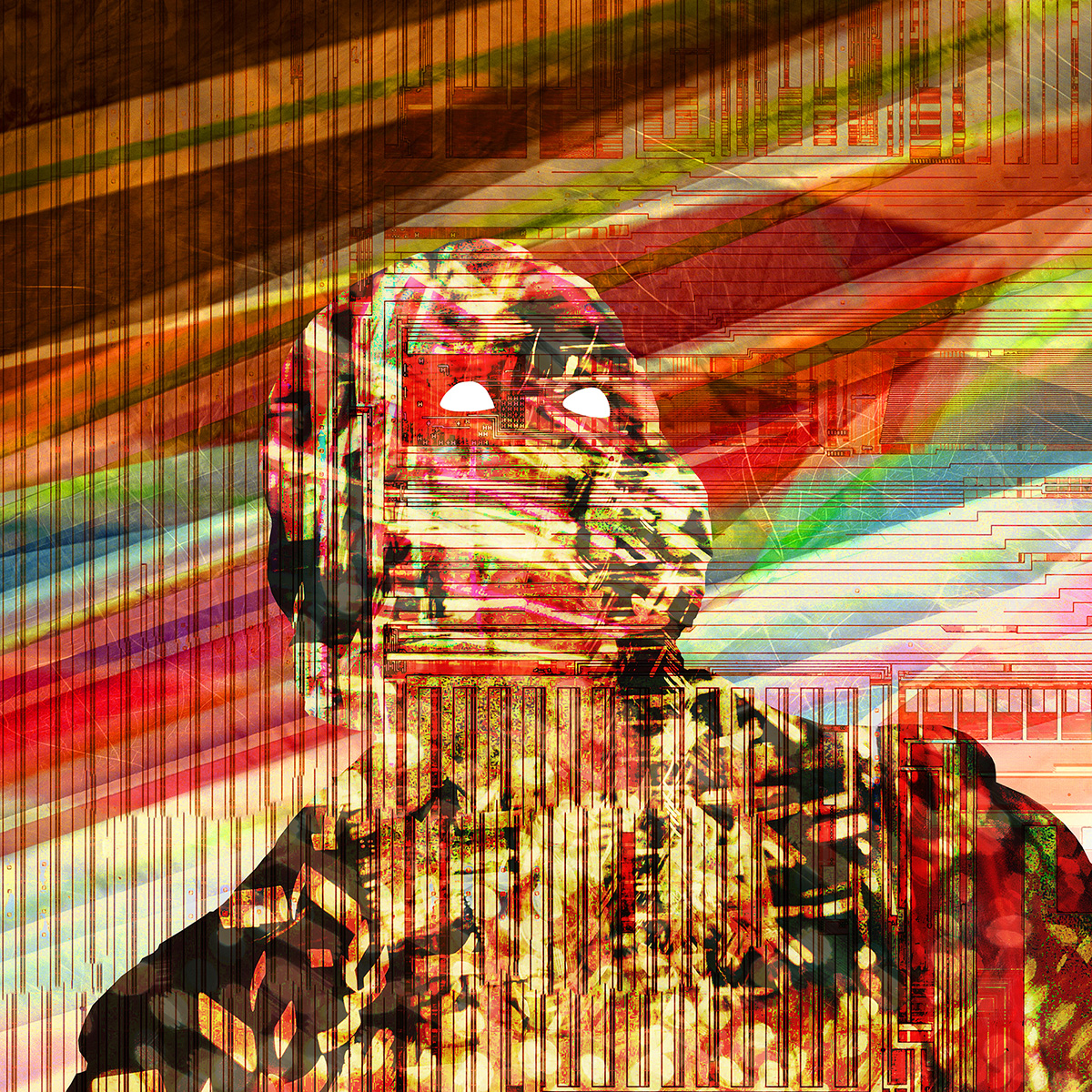
This is an exhibition of recent artwork made in Berlin. It consists of monotypes, photographs, backlit PVC prints, drawings, and acrylic mobiles.
I moved to Berlin 3 years ago from San Jose, California in the United States. My artwork has used photography, computer imaging and programming, sound art, video art, installation, and interactive sculpture. Here in Berlin, I have reconnected to traditional mediums such as printmaking and drawing.
The monotypes shown here were made in an interim studio I made out of my kitchen. I have a small flat, so the kitchen was the best place to work with wet and dry requirements for art processes. I would alternate between cooking and artmaking. Sometimes I went a month without being able to cook a complex meal.
They make use of imagery from German textbooks and magazines I found discarded outside of a state bookstore. I made close photographs of some of the images and illustrations and then converted them to high contrast monochromatic images. They were printed out and used as printing plates for a resistance technique with acrylic paint. Colors and shapes were then layered behind the images.
The photographs also make use of a heavily layered process. Each of the images was produced inside the camera from ten different exposures of the same scene. They weren’t combined on a computer or derived from AI techniques. The print on the wall is a direct output of what was in the camera.
The light boxes use images from multiple sources that were collaged on a computer. The primary images of the faces come from statues at the Zitadelle in Spandau. The statues are stored there because they are considered problematic depictions of German history and would be destroyed in other contexts. I photographed the statues and use them here as representations of obsolete ideologies that are given new life on the internet.
Additional work came from this project. The three mobiles hanging in the back of the gallery use the images I made at the Zitadelle. The faces have their eyes covered in reference to the unintended consequences that came from obsolete reactionary ideologies of the past.
The drawings were made at Auschwitz and Wansee. They depict the planners and victims of the Holocaust. The idea for this came from a display of identification photos made at Auschwitz of prisoners. Many of the original images and negatives were saved from destruction during the war and are now the source of an extensive gallery on the premises. I started the drawings there and finished the project back in Berlin with the use of the Auschwitz online archives. The Wansee drawings are derived from the official portraits of the planners that are on display at the Wansee conference memorial in Potsdam.